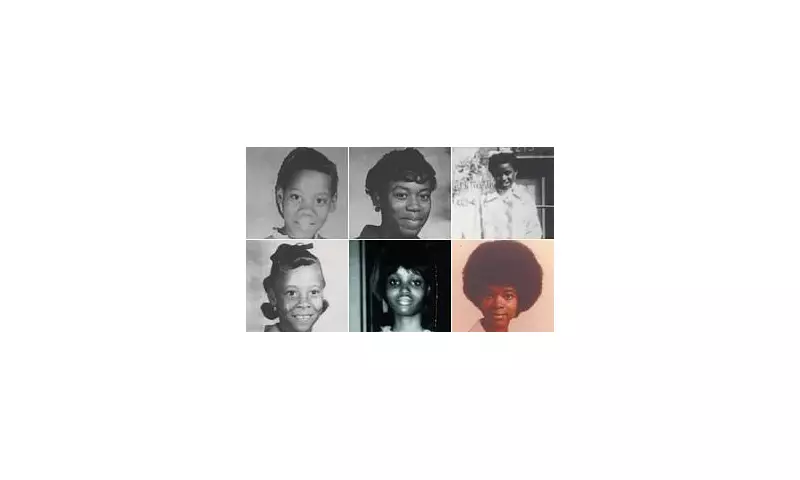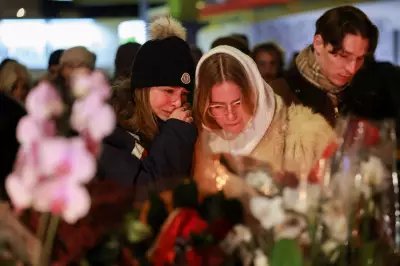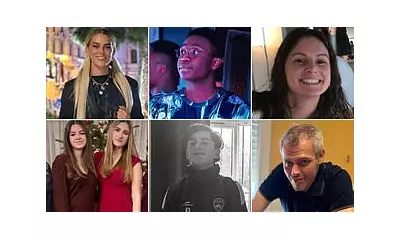
In a stunning development that has sent shockwaves through the law enforcement community, one of America's most perplexing cold cases - the hunt for Washington DC's notorious 'Freeway Phantom' - has finally been cracked open after fifty years of mystery.
The Ghost Who Haunted a Generation
Between April 1971 and September 1972, a predator stalked the streets of the nation's capital, preying exclusively on young African-American girls. The killer's signature became chillingly familiar: he would abduct his victims, murder them, and then strategically place their bodies along major highway corridors surrounding Washington DC.
What made this case particularly disturbing to investigators was the Phantom's brazen communication. After murdering 18-year-old Brenda Crockett, he forced the teenager to call her mother before her death, delivering a haunting message that still echoes through the decades: "Mom, I'm not coming home. Tell everyone I love them."
The Six Young Lives Stolen
The Phantom's victims, all African-American girls aged 13 to 18, represented stolen futures and devastated communities:
- Carol Spinks, 13 - vanished on April 25, 1971
- Darlenia Johnson, 16 - disappeared on July 8, 1971
- Brenda Crockett, 18 - abducted on July 27, 1971
- Brenda Woodard, 18 - taken on October 1, 1971
- Nenomoshia Yates, 12 - disappeared on September 5, 1972
- Diane Williams, 17 - vanished on September 24, 1972
The Breakthrough That Cracked the Case
Using revolutionary forensic genetic genealogy techniques - the same methods that identified California's Golden State Killer - investigators have finally put a name to the phantom. While authorities haven't publicly revealed the killer's identity, sources confirm he was a married military veteran who died by suicide in 1978.
The investigation revealed the killer operated with military precision, carefully selecting his victims and disposing of their bodies in locations that suggested intimate knowledge of the DC area's transportation network.
A Legacy of Pain and Unanswered Questions
For the families of the six victims, this breakthrough brings a painful mix of closure and reopened wounds. Many relatives have lived their entire lives wondering who took their loved ones and why they were targeted.
Law enforcement officials describe the Freeway Phantom investigation as one of the most frustrating in DC history. The killer's ability to operate undetected for eighteen months, his specific victim selection, and his taunting communications created an aura of invincibility that has now been shattered by modern forensic science.
As one investigator noted, "This wasn't just about solving crimes - it was about restoring names and dignity to young women whose stories were reduced to highway markers for fifty years."





